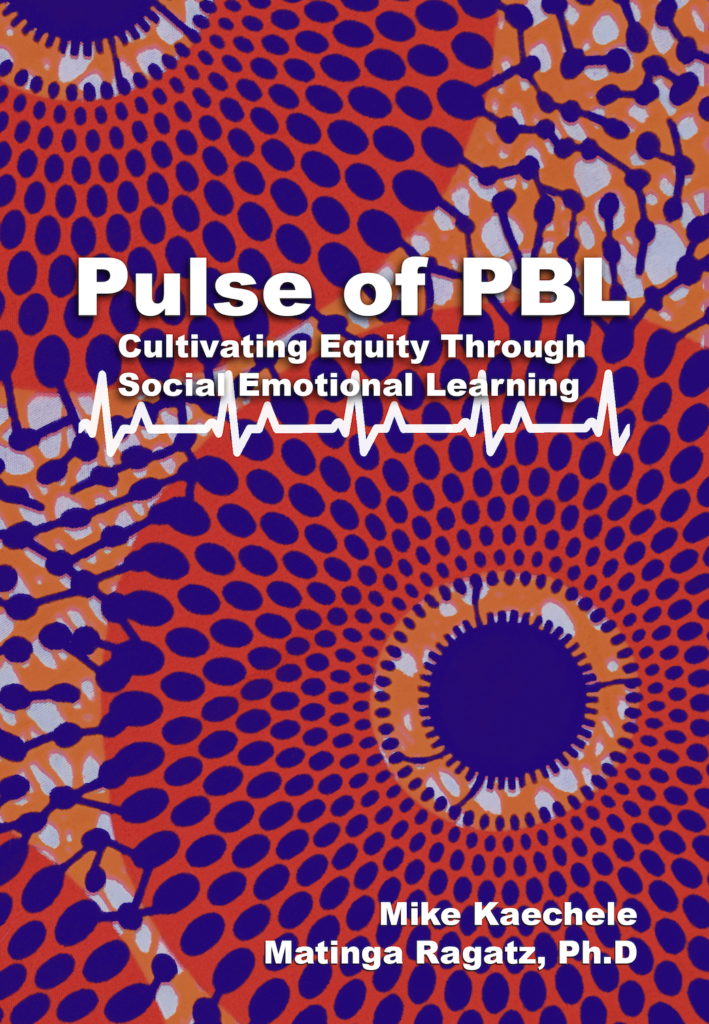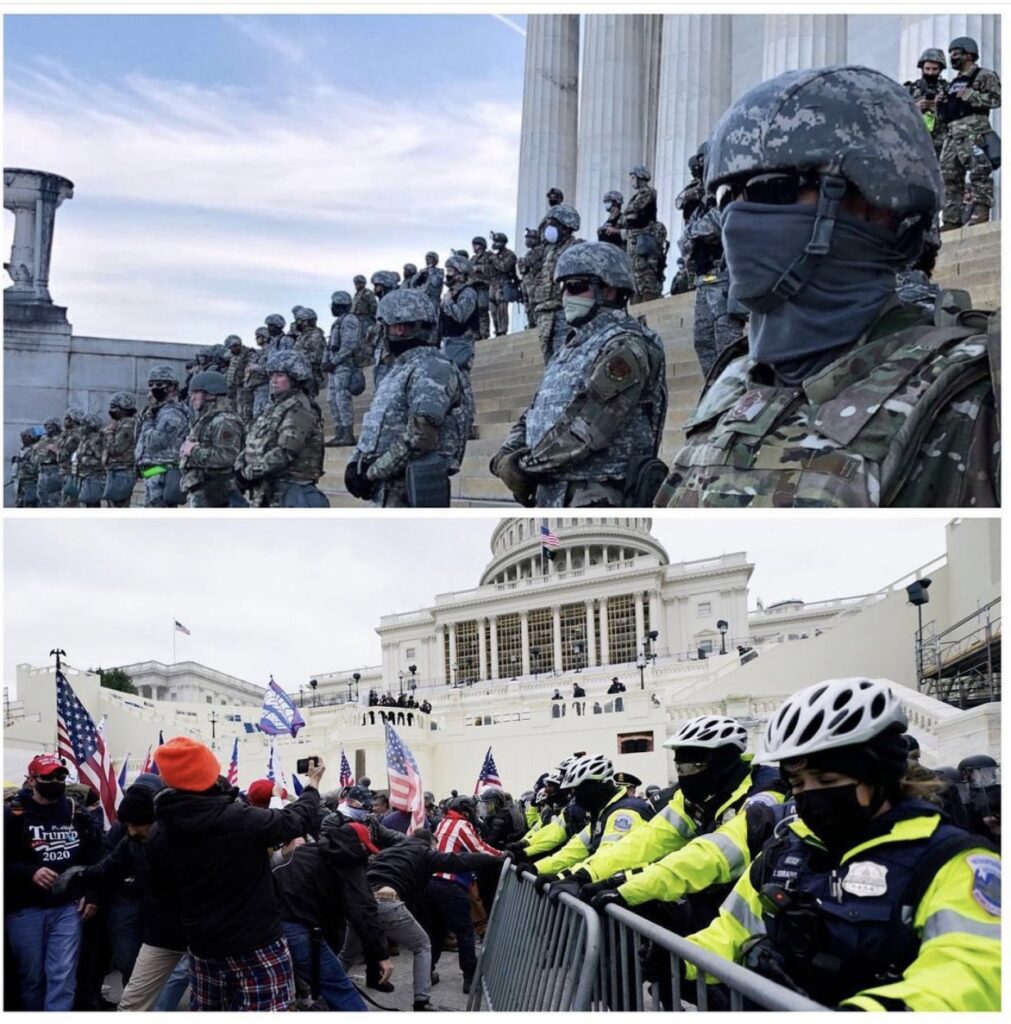Recently I had so much fun recording an extended interview with Jared O’ Leary at #CSK8 Podcast. I have to admit this is probably my favorite podcast that I have done due to it being a longer format so that we can dive deeper into concepts and ideas. Here’s the description:
In this interview with Mike Kaechele, we discuss dismantling prejudices through projects, how to situate project-based learning within the community and for local impact, what can be learned when a project fails, the difference between projects and recipes, why social and emotional learning (SEL) is important, lessons learned teaching a variety of subject areas, differences between equity and equality in education, and so much more.
I have recorded quite a few podcasts over the years so here’s a complete list if you would like to listen to more:
- The Powerful Overlap of SEL and PBL with John Spencer
- PBL and SEL with Rola Tibshirani at The Missing Link
- SEL through PBL with Aviva Levin at Lesson: Impossible
- Combine PBL and SEL for Super-Powered Learning with Batsheva Frankel at Overthrowing Education
- The Special Sauce of PBL with Maddie at Edtech Classroom
- How to Combine SEL and PBL in your Classroom with Shayla Adams Stafford at Project Based Learning in Practice
- 3 Ways to Restore Our Emotional Well-Being Before We Gear Up For the Next School Year with Jorge Valenzuela at SEL in Action at Bam Radio
- Using Arts and Crafts to Achieve Student Learning Objectives More Effectively with Larry Ferlazzo at Bam Radio
- Performance Assessments: A More Meaningful Approach with Larry Ferlazzo at Bam Radio
- Help Me Understand with Robert Dillon
Pulse of PBL

Interested in learning more about how to teach SEL competencies in a PBL framework? Check out my book with practical strategies to teach, practice, and assess SEL skills while students solve meaningful problems in their community.
Learn with me!
If you are interested in how your school can use a PBL framework to teach SEL skills. I would love to have a conversation on how I can help. I am scheduling PBL & SEL workshops for this summer right now. Check out my workshop page or drop me an email at mikejkaechele@gmail.com. I would love to chat and co-plan meaningful PD for the educators at your school.
One and done Professional Development is ineffective. Here’s a great little post about questions you should be asking before you hire a consultant. I would be glad to develop a vision with you!

